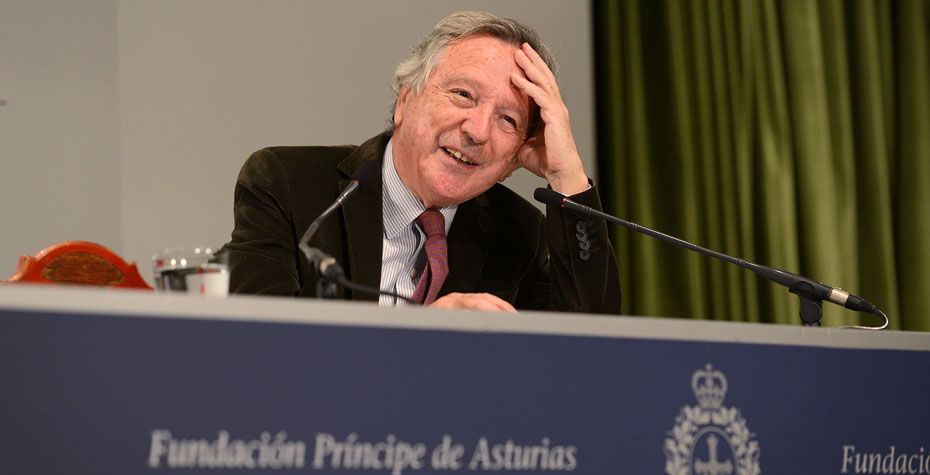Award-Winning Architect's Gallery Talk on October 9 Marks the 20th Anniversary of the Museum's Opening

Rafael Moneo, the architect of the extraordinary building that houses Wellesley’s art museum, visits the Davis on October 9 and will deliver a gallery talk in the Dorothy Johnston Towne Gallery at 12:30 p.m.
The Davis marks a career milestone for Moneo as his first American commission. As the New York Times noted this year, the Spanish architect’s buildings are “extremely site-specific, usually physically elegant and charged with experiential surprise, often in the plan or through internal manipulations of natural light.” Critic David Netto further lauded Moneo’s “versatility and conceptual sensitivity” as in league with that of Paul Rudolph, whose Jewett Arts Center, across the courtyard, inspired the Davis.
Galinsky, a free service "for people enjoying buildings worldwide," describes Moneo’s Davis on its website:
A severe red-brick mass from the outside, a light and exciting exhibition space from the inside, the Davis Museum and Cultural Center houses a 61,000-square foot museum along with a cinema, café, and administration and conservation spaces. It is built opposite the 1958 Jewett Art Center, with which it completes a plaza. As Moneo describes it:
'The mass of the new museum was to be very simple—much more radical than the delicately crafted mass of Jewett. This cubic space could be understood as a coffer, presenting all at once the pieces in the collection.'
Moneo has won numerous awards for his work throughout his career, including the Pritzker Architecture Prize in 1996; just last year he received Spain’s prestigious Prince of Asturias Award for Arts. He is the first Josep Lluis Sert Professor of Architecture at the Harvard Graduate School of Design.
You can hear a podcast in which Professor Carlos Ramos of Wellesley’s Spanish Department discusses Rafael Moneo’s work (podcast is in English or Spanish).
Rafael Moneo’s anniversary lecture at Wellesley is free and open to the public, generously supported by the Kathryn Wasserman Davis ’28 Fund for World Cultures and Leadership.
